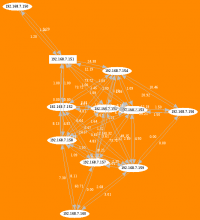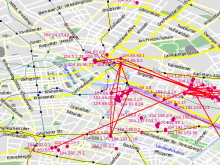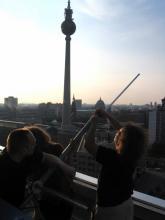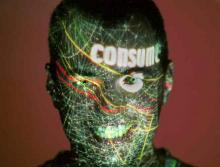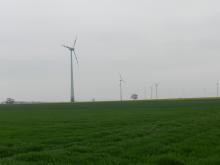Armin Medosch's blog
Submitted by Armin Medosch on
Fly Freifunk Fly! (Chapter 2, part 2, draft)
Submitted by Armin Medosch on
Consume the Net: The Internationalisation of an Idea (chapter 2, part 1, draft)
Submitted by Armin Medosch on
Network Commons: dawn of an idea (Chapter 1, part 2 - Draft)
Submitted by Armin Medosch on
The Rise of the Network Commons, Chapter 1 (draft)
Submitted by Armin Medosch on
The Broken Mirror - Art after the dreamworld of digital utopia
Submitted by Armin Medosch on
Fields Exhibition Setup
Submitted by Armin Medosch on
Press Release: FIELDS exhibition
Submitted by Armin Medosch on
Die Zukunft im Rückspiegel - von der Geschichtlichkeit der Kunst mit (neuen) Medien
Submitted by Armin Medosch on
Technopolitics in a Nutshell: Commented Reading List on Key Categories
Submitted by Armin Medosch on
